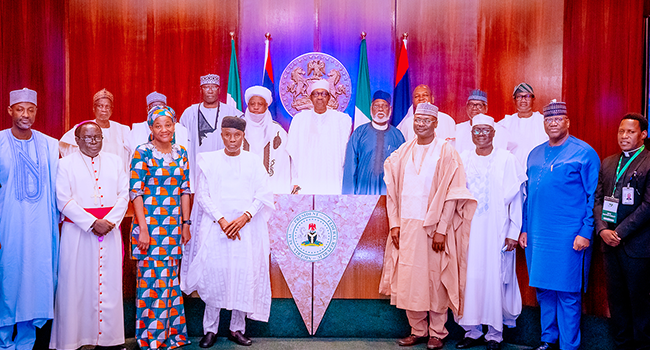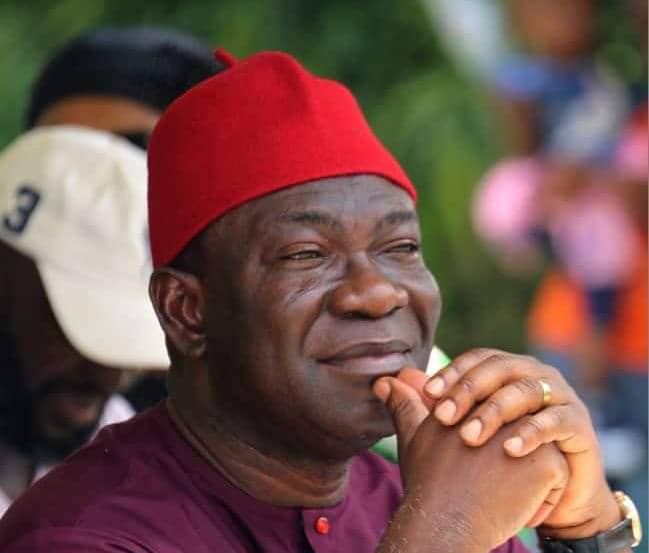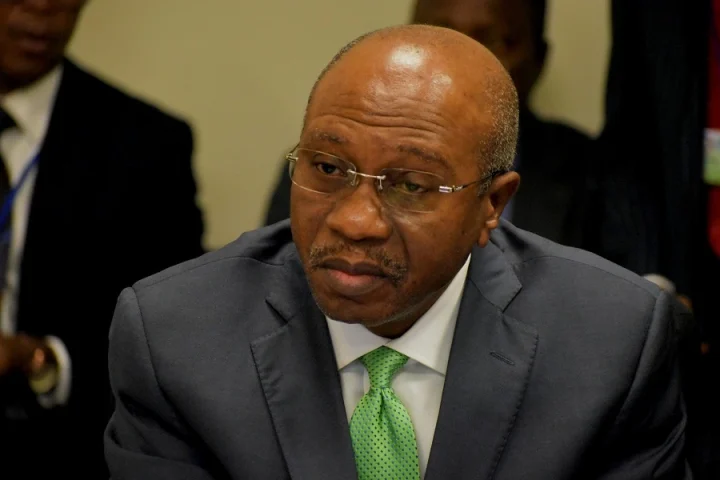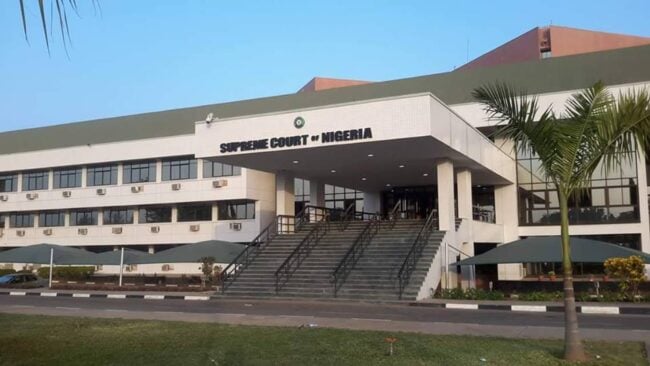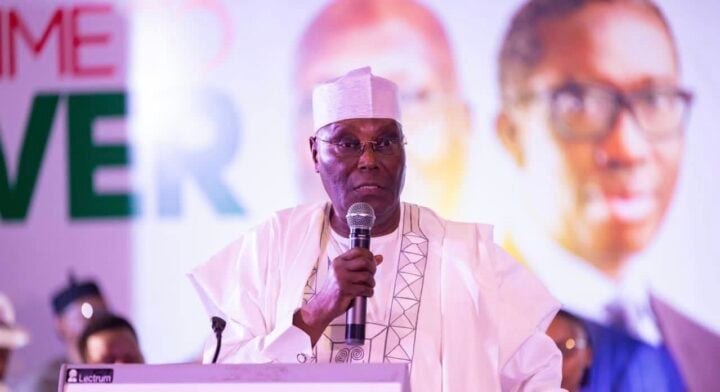Petroleum subsidy is a political, and somewhat volatile issue in Nigeria. For a country that has enjoyed immense benefits from the liberalisation of sectors such as telecommunications, it can be difficult to understand the reluctance of different administrations to fully liberalise the petroleum sector, and remove all subsidies — unless you understand the political costs of such actions. Nigeria faces dire economic challenges, and the payment of petroleum subsidy claims is something the government can ill afford. Conventional wisdom will dictate that these subsidy claims paid for premium motor spirit (PMS), popularly called petrol, should have been removed. But the inability of various governments to remove this subsidy, which should free up resources for other social sectors in the past decades, has been largely due to the high political costs that have come with previous attempts.
The seeming urgency for a decision on petroleum subsidy is however occasioned by Nigeria’s dire economic situation. Between January and April 2022, Nigeria spent an unprecedented 119% of its retained revenue on debt servicing, while the World Bank projects that the country’s debt service to revenue ratio, could rise to 160% by 2027. The country’s Fiscal Responsibility Act, which limits government borrowing to 3% of Gross Domestic Product (GDP), has been breached as current and near-future borrowing plans raise debt to 4.78% of GDP. The new administration that assumes office in May 2023 will have a debt burden of N77 trillion, up from N8.8 trillion in 2015. The unemployment rate is 33.3%, with youth unemployment at 42.5%.
The rational thing any government in such an economic situation will do is to identify policy options for better fiscal stability. The federal government’s budget for petroleum subsidy has risen from N350 billion in 2019 to N4 trillion in 2022. The budgeted sum for 2022 was more than the amount earned from both company income tax (CIT) of N1.896 trillion and value-added tax (VAT) of N2.07 trillion, in 2021. It also constituted 23.36% of the year’s N17.126 trillion budget, which had a deficit of N7.35 trillion.
As mentioned, there have been previous attempts in the past decades by both military and civilian governments to totally liberalise the petroleum sector, but the high political cost has prevented this from taking place. The Ibrahim Babangida administration commenced the liberalisation of many sectors of the economy, including telecommunications, banking, education and broadcasting. Successive administrations have largely continued these policy reforms, to also include petroleum and electricity. But the liberalisation efforts in none of these sectors have been met with the same level of pushback, and political costs, as that of the petroleum sector.
Advertisement
The attempts by the Obasanjo administration to make the pump price of petroleum products more cost-reflective, led to several confrontations with organised labour, with the unintended outcome of Adams Oshiomole, the then president of the Nigeria Labour Congress, acquiring so much political capital at the expense of the government. That political capital propelled him to win a state governorship election as an opposition politician, and subsequent national political positions. President Obasanjo, however, succeeded in removing subsidies from diesel and aviation fuel but was not successful with petrol.
The Abacha regime before then created the Petroleum Trust Fund (PTF) as a socioeconomic intervention agency, after increasing the price of petroleum products. The PTF products were designed to show Nigerians the socioeconomic benefits of removing petroleum subsidies. The rising costs of the subsidy led to its removal by the Jonathan administration in early 2012 as well as the establishment of the Subsidy Reinvestment and Empowerment Program (SURE-P). Though SURE-P provided substantial social services and infrastructure from subsidy savings, the pushback by organised labour, civil society and opposition parties popularized by the ‘Occupy Nigeria’ protests, however, led the government to reinstate some level of petrol subsidy. There is some consensus among analysts that the chain reaction from the subsidy protests in 2012 cost President Jonathan his re-election bid in 2015, and helped the major opposition party gain power.
The current administration of Muhammadu Buhari has severally postponed the planned petrol subsidy removal, citing “high inflation and economic hardship”. High inflation and economic hardship are issues with grave political consequences, which make governments jittery. There was a lot of hope that the completion of the 650,000 barrels per day Dangote Refinery in Lagos, premised to be the largest single-train refinery in the world, will make petrol more affordable due to domestic production and subsidies therefore easier to remove. The marginal cost of importation to the total pump price and the freedom of the refinery owners to sell at market price abroad have, however, dampened such expectations.
Advertisement
With the understanding of the rather high political cost of petroleum subsidy reforms, what then are the feasible political options for the successful management of petroleum subsidy removal in Nigeria?
Attaining political and elite consensus is essential, with an agreement by labour and political parties to the necessity of petroleum subsidy removal. More importantly, being able to ‘enforce’ this commitment made by the political elite and labour is key but can be difficult. The difficulty arises from the natural attitude of politicians in democratic societies, especially those in the opposition when they sense opportunities that can arise from opposing what may seem to be unpopular public policies. Nigeria’s political history shows a general inability to attain elite consensus across many topical issues. Therefore, it becomes imperative to identify platforms and actors that can hold the political parties, organised labour, and the people of Nigeria to an accord on the removal of petroleum subsidy.
The diverse nature and political history of Nigeria mean that there are not many platforms that can hold the political parties, political elite, organised labour and people of Nigeria to an accord, with significant political implications of such nature. While the Nigerian national assembly and the National Council of State are bodies with some clout, their default partisan nature and composition that excludes organised labour, the opposition and other political stakeholders, limit their ability for such responsibility.
This is where the National Peace Committee (NPC) comes in. Conceptualised in 2014 as a non-governmental initiative in response to emerging threats induced by the 2015 general elections, the mandate of the NPC has gone beyond supporting the conduct of free, fair and credible elections to include interventions in critical issues of national concern, through high-level mediated and alternative dispute resolution mechanisms. The NPC has so far been successful in holding the Nigerian political elite to account, which is not an easy responsibility. Its membership consists of eminent Nigerians with backgrounds in politics, religion, military, judiciary, economy, media and civil society. The committee has, over the years, gained the confidence of all political parties, the political elite, Nigerians, organised labour, civil society and development partners.
The signing of peace accords by all political parties and subsequent events targeted at ensuring political peace and stability in Nigeria is one of the high points of the NPC. In brass tacks, the NPC is expected to extend its platform beyond peace accords to committing all political parties to the removal of petroleum subsidies. The NPC can have the political parties, organised labour and civil society sign a proposed ‘Petroleum Subsidy Management Accord’, where all parties commit to not exploiting or politicising the removal of petroleum subsidy in Nigeria. The political and volatile issues that arise with petroleum subsidy makes it a critical issue of national concern and therefore qualify for the high-level mediation and dispute resolution efforts of the NPC.
Advertisement
The committee has two peace accords for the 2023 elections. While the first accord is a binding commitment by all presidential candidates and their parties to peaceful political campaigns, the second accord commits the candidates to accept the outcome of the election, as long as it is adjudicated to be free, fair and credible. The committee should leverage its social capital to have a third accord, which is a commitment by all presidential candidates to the non-politicization and support for the removal of petroleum subsidy not later than December 2023, especially as the leading candidates have all committed to this fiscal policy in their campaign policy documents.
This proposed accord on subsidy removal by NPC is feasible given that the leading presidential candidates, including that of the Labour Party founded by organised labour, have committed in principle to removing subsidy for petrol. Such commitments are normally tested like they were in 2012, and therefore will require the support of platforms such as the NPC to see through. This expanded engagement also makes the work of the NPC more sustainable, given that the committee is usually more active during the four-year period of elections, with fewer activities in between. If the outcome of the removal of petroleum subsidy is well managed by the NPC, it possibly expands the role of the committee into other areas of socioeconomic concerns that require more funding and probably higher prices for better service delivery but are constrained due to political costs. These sectors include education and health.
To conclude, the NPC is encouraged to accommodate within its mandate for peace and intervention in critical issues of national concern, the inclusion of the fiscal policy matter of petroleum subsidy removal, which has political implications and threatens Nigeria’s democratic peace. The committee should leverage the social capital it has acquired in keeping major political operators in Nigeria in place, to get presidential candidates, organized labour and civil society to sign an accord, committing to the non-politicisation of the removal of fuel subsidy on or before December 2023, by whoever emerges as president of Nigeria from the February 2023 presidential elections. The commitment will also allow for a transparent framework in managing the savings from the removal of petroleum subsidies, as well as the space for required economic reforms. With that, the incoming government will have more fiscal space and financial means to enhance socio-economic output, thereby making Nigeria more peaceful and socio-economically stable.
Uwanaka, a policy analyst, writes through [email protected]
Advertisement
Views expressed by contributors are strictly personal and not of TheCable.
Advertisement
Views expressed by contributors are strictly personal and not of TheCable.

